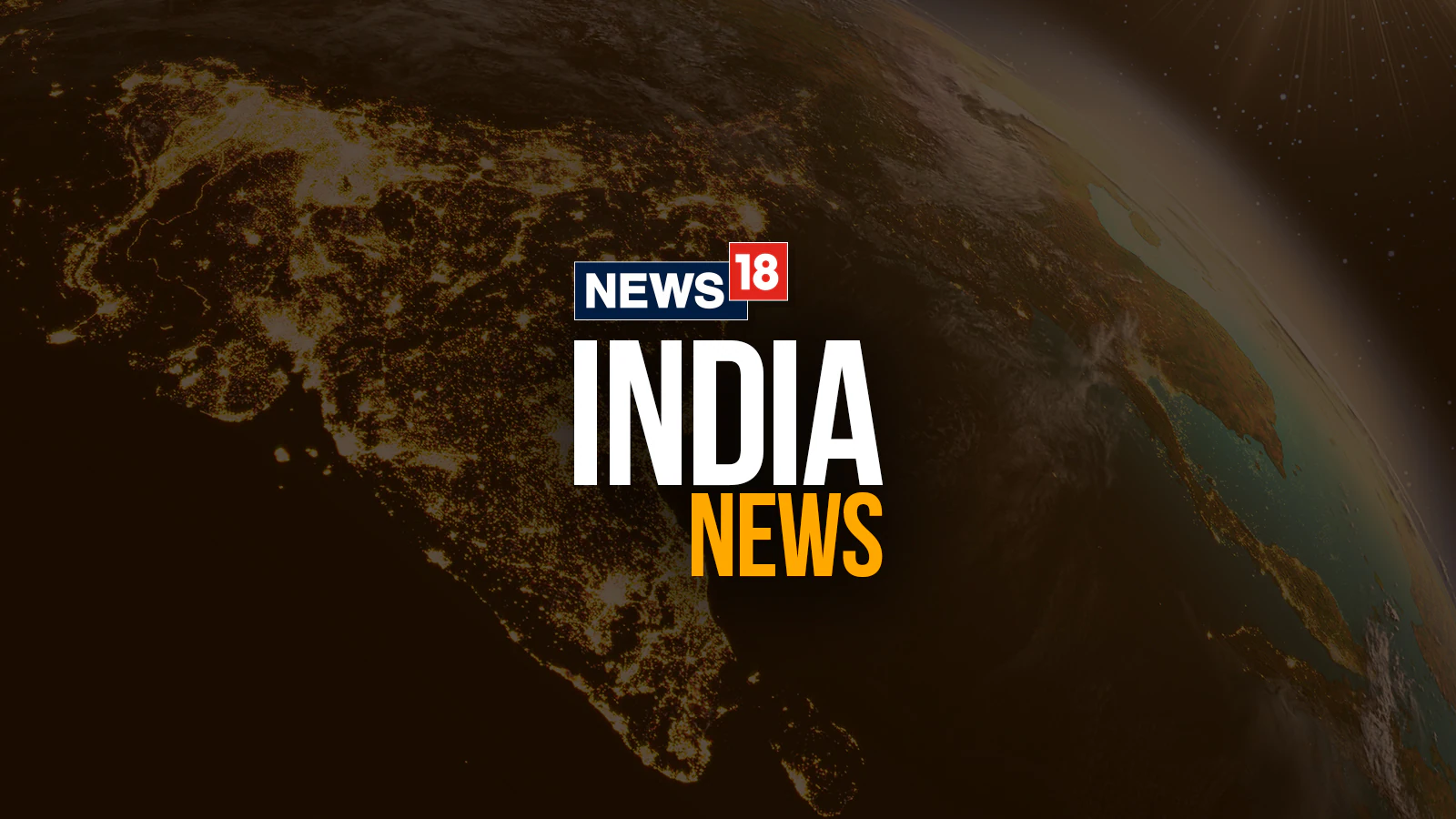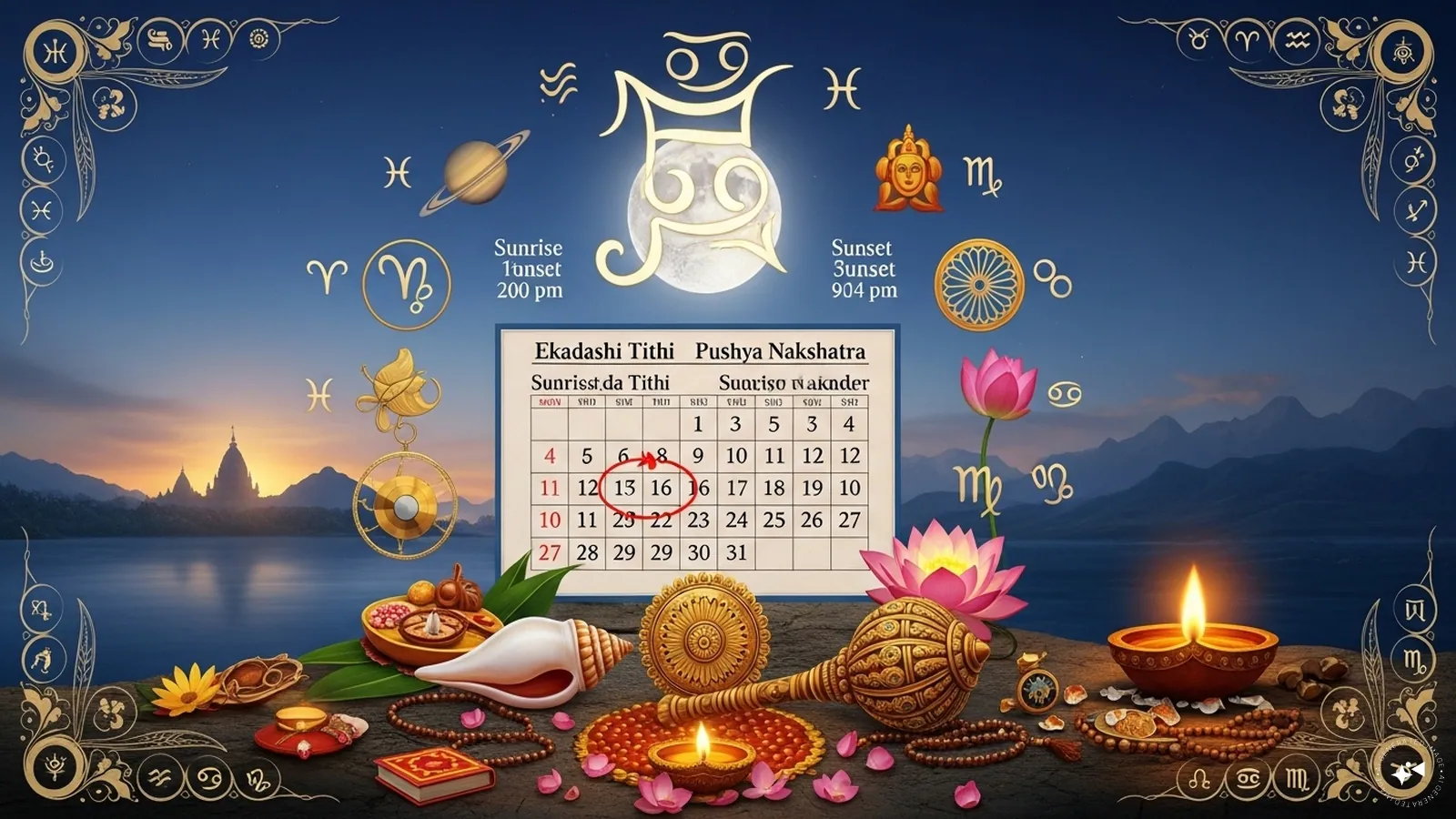By By Ruth Bass
Copyright berkshireeagle

George Washington didn’t like the press, which criticized him for his monarchical and aristocratic ways. Abraham Lincoln, citing wartime, actually shut down some 300 newspapers. Woodrow Wilson put a clamp, then his stamp, on World War I news. Franklin Delano Roosevelt took advantage of the Federal Communications Commission’s control over radio and imposed his wishes on broadcasters. Richard Nixon, who made no secret of his feelings toward the press, changed the appellation from “the press” to “the media,” which reporters say he felt was more negative. Ronald Reagan, charismatic and theatrical, took a page from FDR’s book (the Fireside Chats) and went directly to the people with live talks on television, earning the sobriquet of The Great Communicator.
After relative peace with the press during his first term, Washington was accused of overstepping his authority in the second, but like most of our presidents — until now — he said nothing publicly. Privately, he complained of “infamous scribblers” harassing him.
In Lincoln’s time and perhaps other eras, anonymity was a tactic. One article about the president taking the train to his inauguration glowingly described the crowd’s “hearty display of enthusiasm and affection for their president.” Historians say it was written by a press aide disguised as a “correspondent.” Those newspapers for and against Lincoln were as far apart as anchors at MSNBC and Fox News are today. After the Gettysburg Address, which has a place of honor in our history, the Chicago Tribune said it would “live among the annals of man,” while the Chicago Times editorial called it “silly, flat and dishwatery.”
Presidents have never accepted criticism with aplomb, and several had creative ways to make an end run around the press. Most enjoyed a brief honeymoon from editorial writers, columnists and reporters. The reporting might remain accurate, in the best traditions of journalism, but the opinions often become more critical as the presidential term goes on.
Still, you don’t have to be president to take offense when someone criticizes you for something you did or said — or something they misconstrued. Most of us at some time have totally lacked grace when told we were wrong. Reporters and editorial writers have to grow a thick skin unless they want to have a continuing panic attack. As one superior reporter commented in The Eagle newsroom years ago, “If everyone on your beat loves you, you are probably not doing your job.”
In a 1961 speech, John F. Kennedy asked newspapers for a kind of self-censorship when he cautioned that the press had to be responsible about what it printed during the Cold War, that sometimes it was a matter of national security. But toward the close of the same speech, Kennedy said, “Without debate, without criticism, no administration and no country can succeed — and no republic can survive …. And that is why our press was protected by the First Amendment — the only business in America specifically protected by the Constitution … not to ‘give the public what it wants’ but to inform, to arouse, to reflect, to state our dangers … to lead, mold, educate and sometimes even anger public opinion.”
It’s hardly a new idea, this freedom of speech and press. It’s been tested by time, lots of time, and has roots apparently in Athens in the sixth or fifth century B.C. Sweden passed a Freedom of the Press ordinance in 1766, a law that abolished the government’s role as a censor of printed matter. Then came the new United States, ratifying the First Amendment to the Constitution in 1791, thus protecting freedom of speech and the press.
The press has been called the “fourth estate” or the fourth branch of government because its responsibility is to openly criticize those in power and hold them accountable. Civics classes taught that, but it’s apparently a class many people skipped, including President Donald Trump. The thin-skinned president not only grouses to his friends about the press and speech, he wants to punish those who criticize him. It’s significant that some of his corporate backers control media outlets.
If the president had his druthers, he’d have a string of copy editors at every news outlet in the nation, making sure no one criticizes him in print or broadcasting. But support of the First Amendment is one of the things that has made us unique among nations, and when Trump threatens that amendment, he’s crushing independence.
Washington, Lincoln, Nixon, Reagan and all the rest of those who’ve served as president didn’t like it when the press didn’t like what they did, when people spoke against what they did. But Kennedy was right that day in 1961: The press informs, arouses, points out dangers, leads, educates and sometimes even angers public opinion. Our freedom of the press and speech protection is an American treasure.



